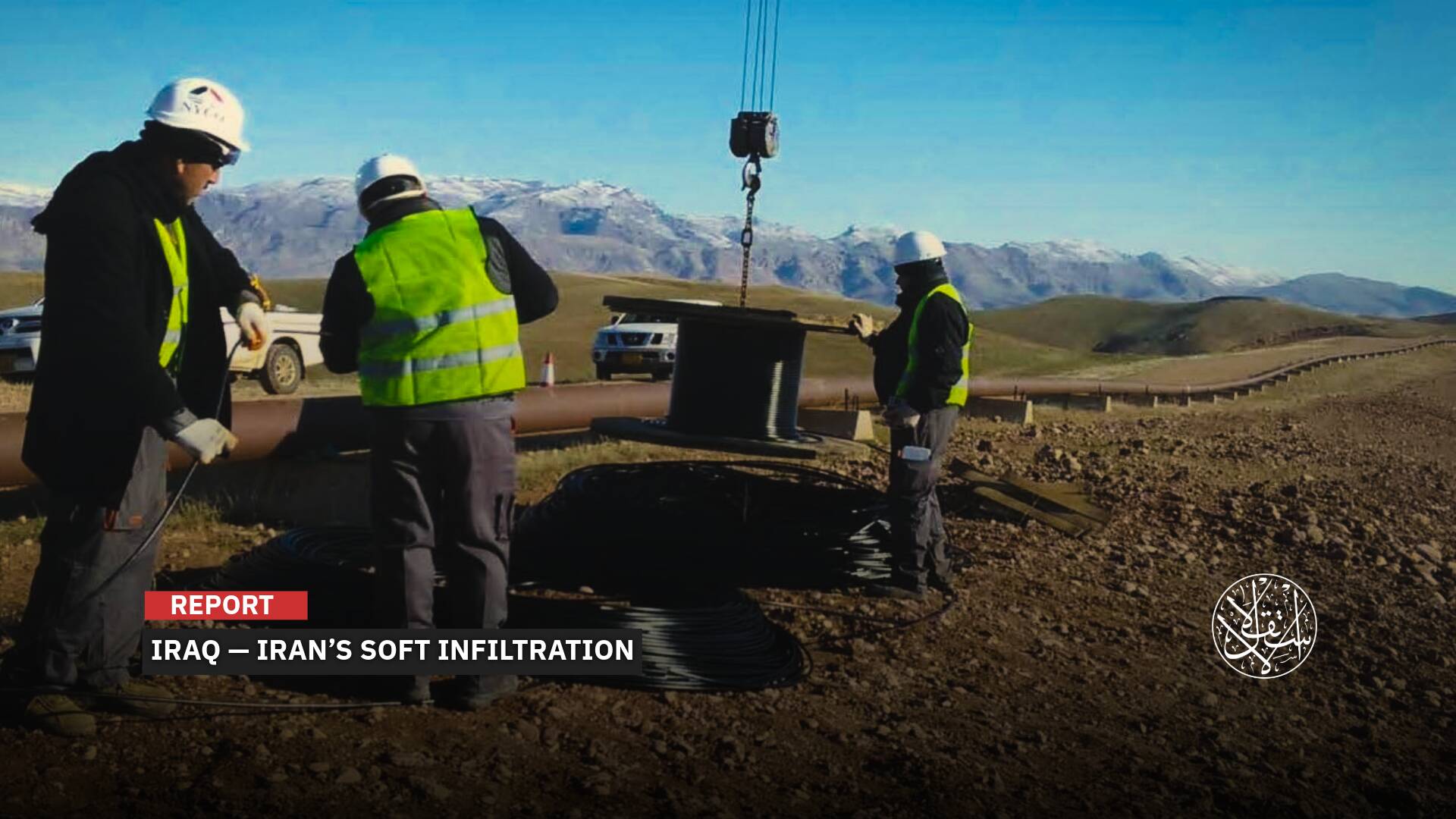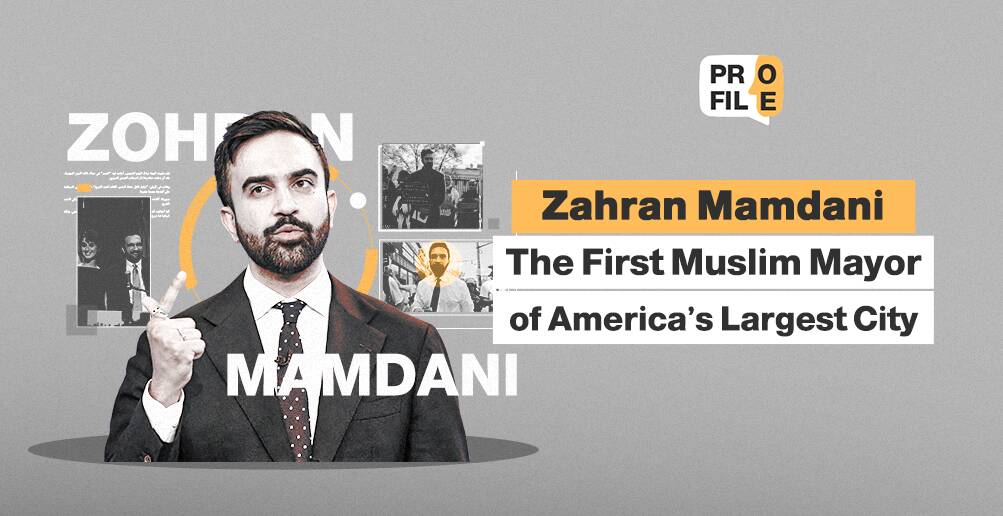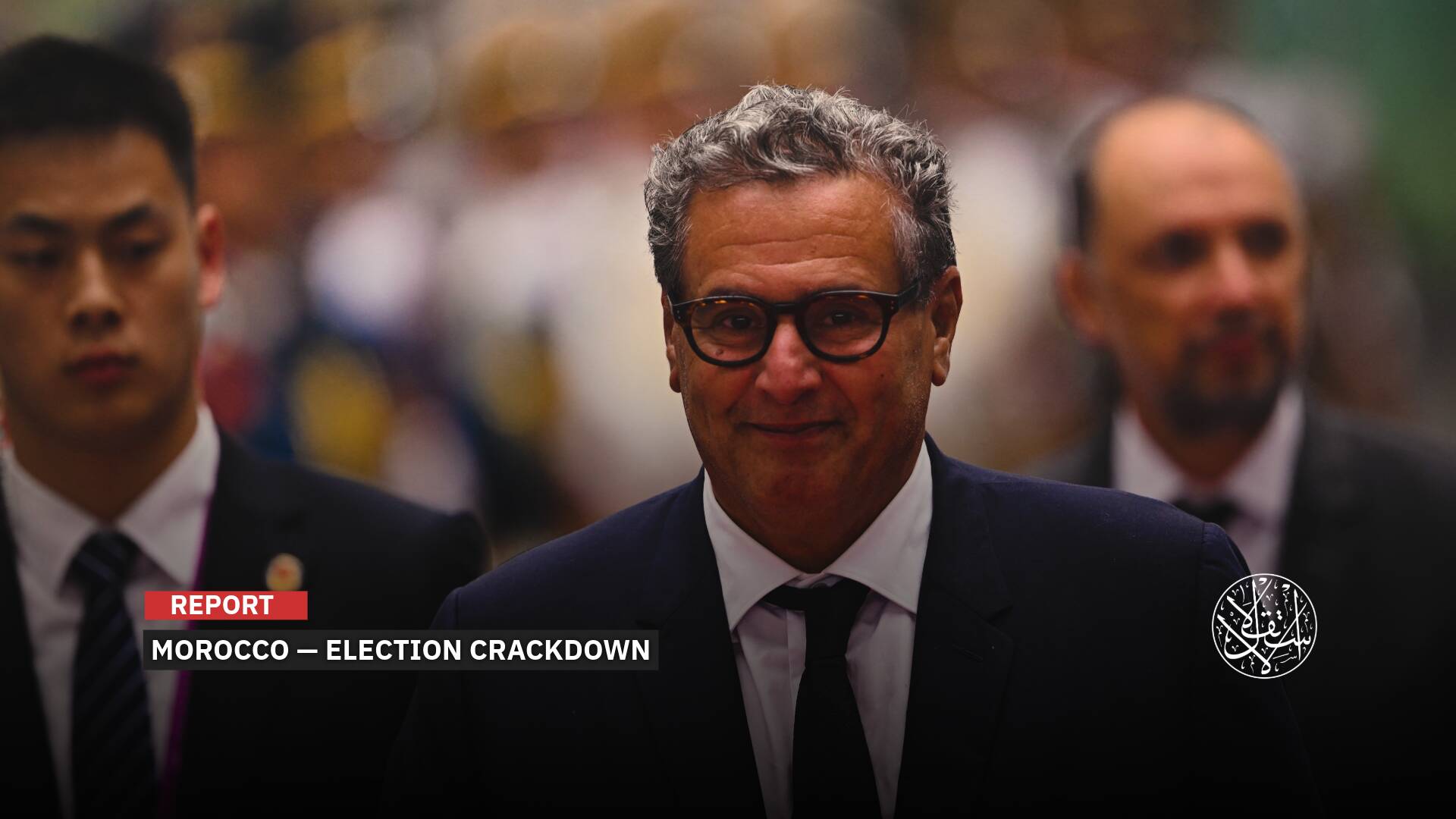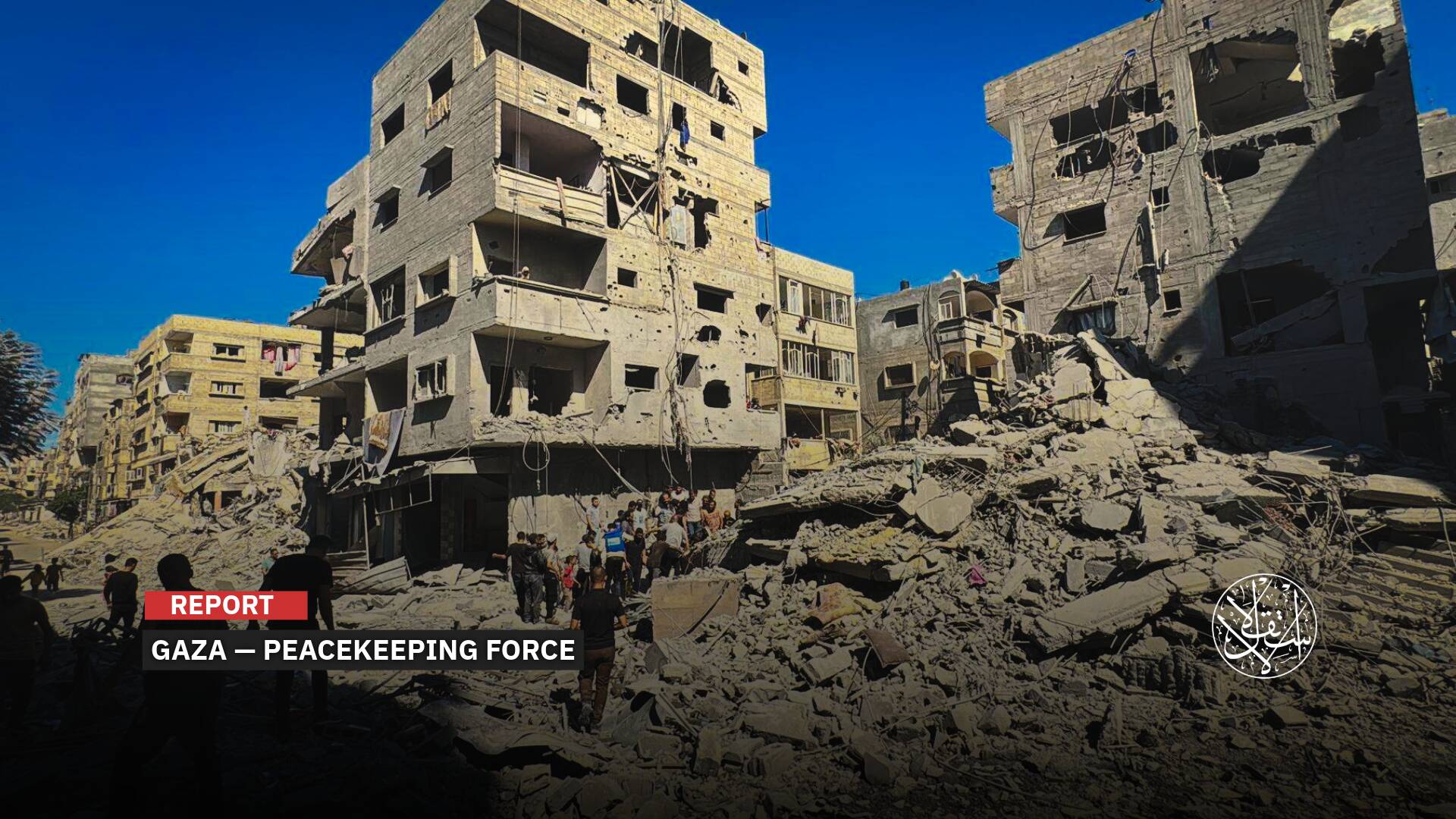Alternative Care in the US: This Is How the System Destroys the Future of Children
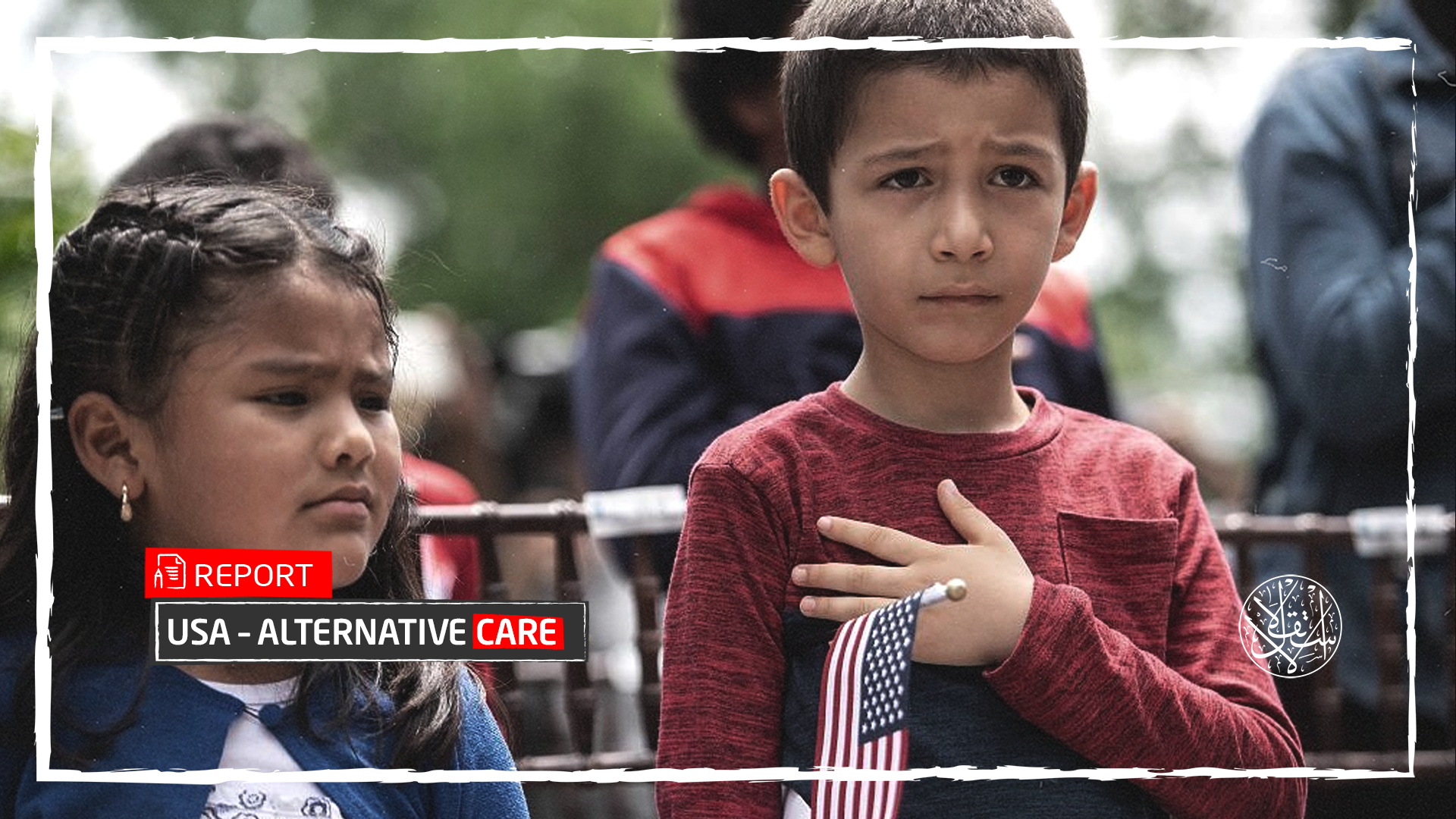
All children should live in a protective and caring environment that helps them build a positive and balanced psychology to develop their full potential.
About half a million American children are under the alternative care system, which takes children from their families in cases of violence or unhealthy living conditions.
Those kids are supposed to grow up in an alternative supportive environment, but the system's lack of strict criteria and procedural safeguards destroys their future.
Why Alternative Care?
The authorities are allowed to take the children from their families when parents lack basic living conditions like protection, security, care, food, and shelter, or when they are subject to violence and abuse.
Sociologist Mary Su, who works at Sibley Memorial Hospital in Washington, explains that the alternative foster care system, through which an alternative family temporarily provides protection and care for the child, is applied when children may be found in critical situations like maltreatment, family loss, or when their parents are teenagers and still study, and cannot take care of them.
There are cases when the children are subject to violence, neglect, and abuse. It is then that the Child Protection Unit considers being with the parents causes a "psychological or physical" threat to the child.
A large number of illegal immigrant children entering the United States, whether they are alone or accompanied by their parents, are placed in alternative families, and they are not allowed to meet their parents again until their families provide the housing and living conditions determined by the state.
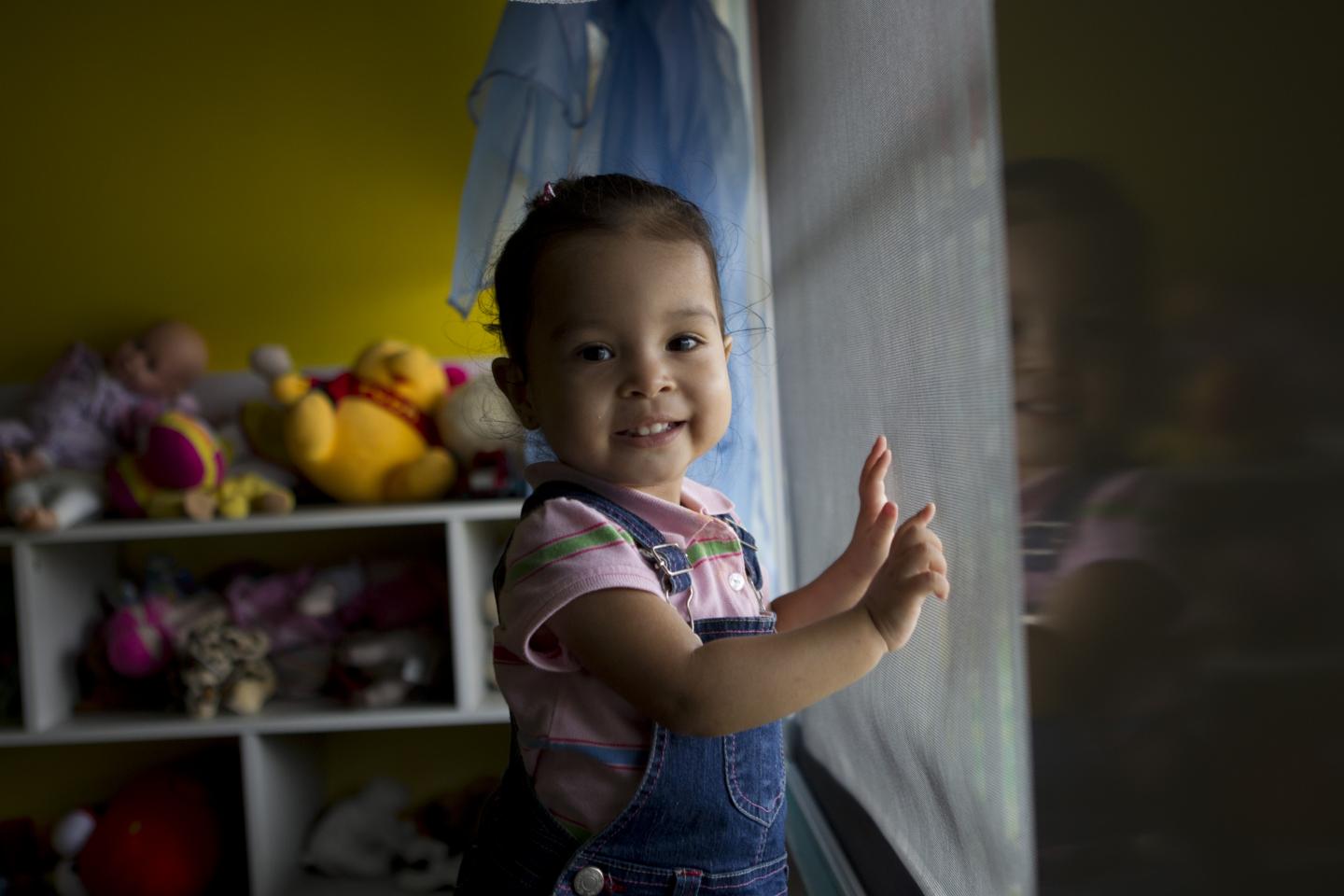
However, things were not that simple. Hossam Abdel Rahman, an American dad of Egyptian origin, was surprised by the death of his 12-year-old son, Noureddine, after an overdose of drugs in September 2021 while living in an alternative family chosen by Child Protective Services in Dallas, Texas. The family has to look after him until the court decides on the charges against his father for abusing his son to discourage him from staying out of the house and smoking cigarettes.
The father, who requested a pseudonym, did not know anything about his son's life since he was taken to another family, as he was prevented from seeing him after removing the legal guardianship.
Attorney Karen Ford, who runs a private office that deals with family cases in Santa Rosa in Sonoma County, California, considers what happened to Noureddine, an expected result of some children's fate who are placed in alternative families' homes under the Foster Care system implemented by the US government. According to the attorney, the government's control over children is weak, and the funds allocated for their care are sometimes non-existent. Many cases end up in homelessness, drug addiction, engaging in crime, or abuse and harassment.
What Happens After the Alternative Care System?
Sometimes the minor spends extra time in the alternative family home, which increases the chances of being abused and depressed in light of the family's lack of control. This was confirmed by the Providence House Center in Michigan study—specializing in the study of alternative care services and community awareness—in What happens to kids who age out of foster care?, published in March 2022.
According to the study, 450,000 children across America live temporarily with foster families, 23,000 children annually find themselves without support after the end of the custody period with the foster family, and 20% of them become homeless after they exceed the age of care.
The study described the situation as "terrifying," the children's experiences proved that many of them are facing great problems in learning and developing their personalities, and they become unable to take care of themselves as independent adults.
Accordingly, less than 3% of these people obtain a university degree at the age of 26 years, and 25% of them suffer psychological trauma.
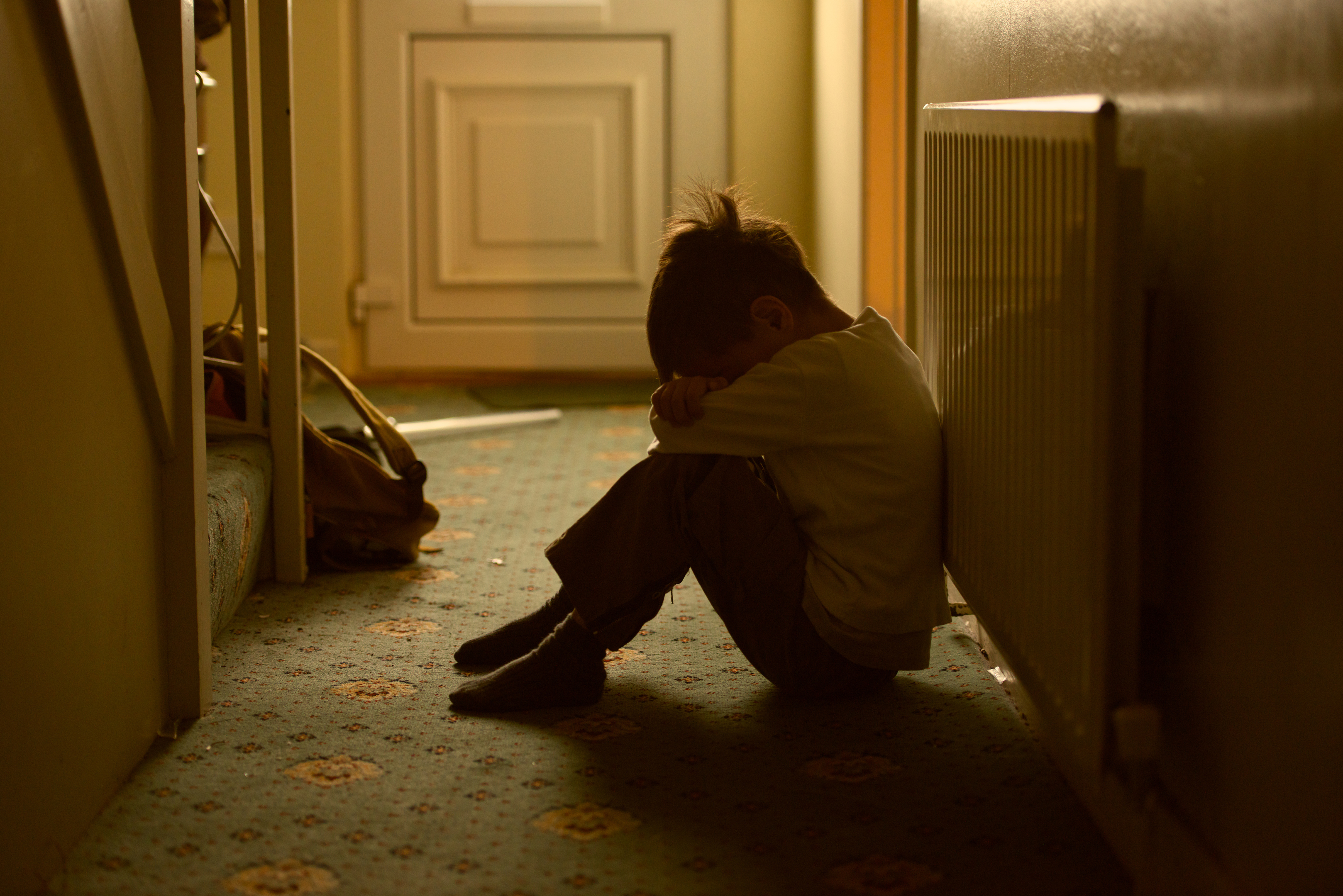
The study concluded that 60% of young women who were subjected to the temporary care system ended up working in prostitution due to the lack of skills to find work, and 70% of them became pregnant before the age of 21 due to the high risks of sexual exploitation.
Kristen Levante, Foster Care Program Officer in Fairfax County, Virginia, acknowledges that there is a problem finding people to provide needed care, with at least 90 children required to find alternative homes each month in Alexandria, Virginia. Half of these children go to homes outside the city, which causes new psychological problems for children who lost their schools and mates.
This prompted the expansion of the circle of people who can play the role of caretaker. Whether married, single, divorced, or gay people can take care of a child as long as he or she is financially stable with a house.
The number of children in alternative care reached 407,000 at the end of 2020, while it decreased to 400,000 from January 2021 to November, according to the Analysis and Reporting System on Adoption and Care in Fiscal Year 2020 issued by the Children's Bureau of the US Department of Health.
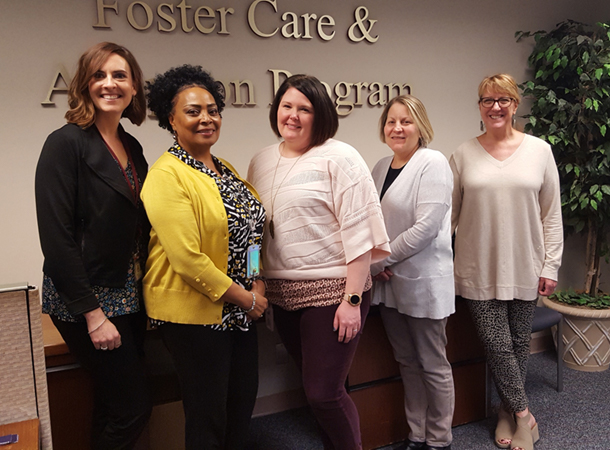
System Application Problems
Marie Zemler Wu, executive director of Foster America in Washington (a nonprofit that seeks to improve the lives of marginalized children), attributes children's fall into addiction or prostitution to the failure to achieve the goal of the temporary custody system.
What the government is doing by placing children in homes different from their natural homes in order to protect them is counterproductive, according to the director.
The children's behavior turns aggressive with their new families by adopting rejection, anger, and revenge as a way to say "no" to the new situation and express their desire to return home.
Zemler said that the government is trying to address the result and does not address the cause related to family disintegration in society that leads to the increase of divorce and the decline of the Educational institutions' role.
The deteriorating relationship between parents and children is due to the lack of enough time to spend together for reasons related to long working hours and the constant search for money.
Alternative care is not the right solution. Children's attachment to their biological families is not something that can be replaced. According to Marie Zemler, the psychological comfort of the child with his parents is something innate, and no other party can offer it to the child.
So far, there is no dialogue at the federal level to fix this defect, and when the temporary care system was approved, it was intended to provide a good alternative for children who suffer from complex problems with their families, but removing the child from his home is in fact a punishment for the child, as she stresses.





